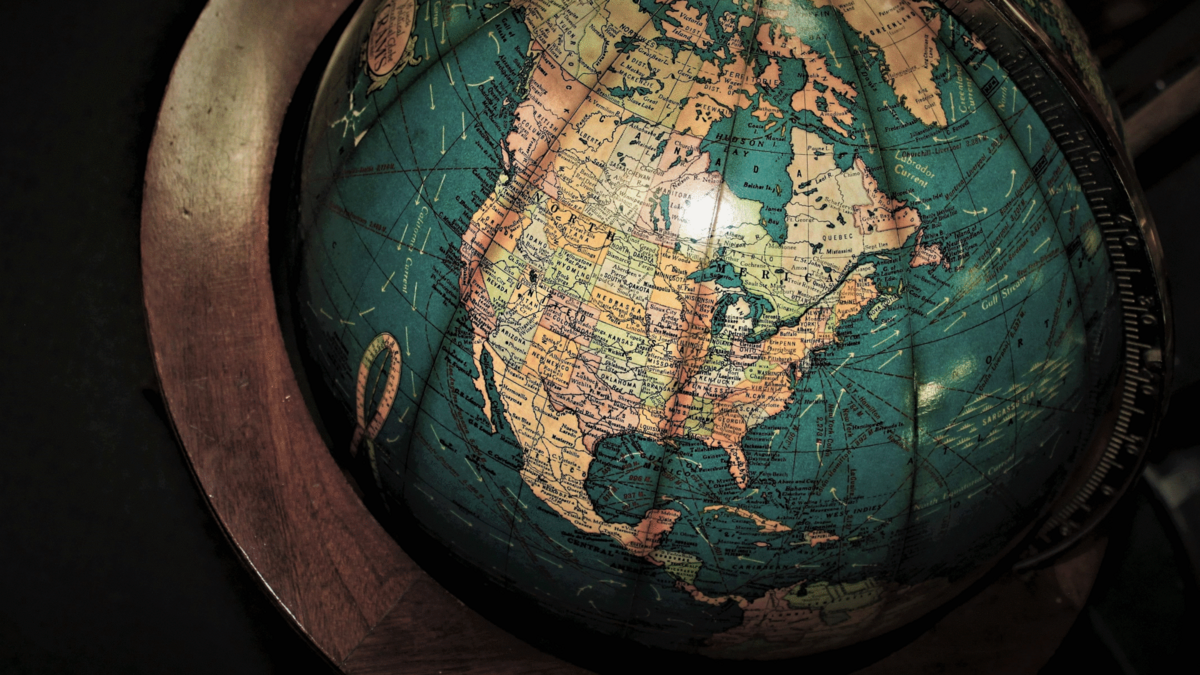In the “Master Atlantic Studies/ History, Culture and Society” degree program, students can decide during their studies whether they want to focus on social, cultural, political and economic relations in Eurasia and the Atlantic region from a historical or interdisciplinary perspective in the humanities and social sciences. Against the backdrop of historical and current globalization processes and migrations, the course focuses on interdependencies between the four continents of Europe, Africa, Asia and the Americas.
Students graduate from the Master Atlantic Studies/ History, Culture and Society program with a well-rounded and broad-based education that qualifies them for diverse career paths. These include:
- a broad knowledge of the social sciences and humanities
- practical experience in carrying out your own research projects
- Foreign language skills, experience abroad and intercultural skills, contacts and experience in local and regional institutions
- professional expertise, e.g. in the fields of development aid, political education, diplomatic service, media, cultural management, museums, archives and libraries, university and non-university research
- Regional expertise in Latin America and Africa in the Interdisciplinary Studies specialization, regional or epochal focus in the History specialization
You can find a detailed overview of the occupational fields with experience reports here.
- Challenges of long-term social change in the Atlantic region and Eurasia
- Conflict dynamics and attempts at regulation in the Atlantic region and neighbouring regions
- Mediality and interculturality
- Coming to terms with colonialism and dealing with colonial heritage
- Globalisation, locality and transcultural spaces















